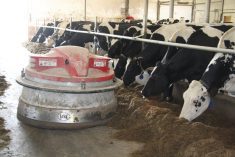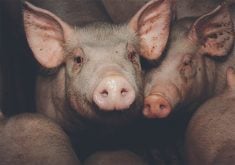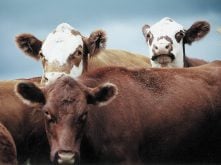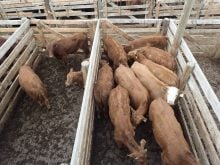Producers were warned last week against complacency when it comes to exporting live cattle to the United States.
A federal veterinarian reminded them during Manitoba Ag Days that some groups in the U.S. are looking for excuses to block those exports. That is why Canadian producers need to embrace cattle identification and abide by the rules for exporting live cattle south, Wayne Clayton said.
“I really, really stress that we can’t have people cheating on this or it’s going to get us all into trouble,” said Clayton, a Canadian Food Inspection Agency veterinarian based in Brandon.
Read Also
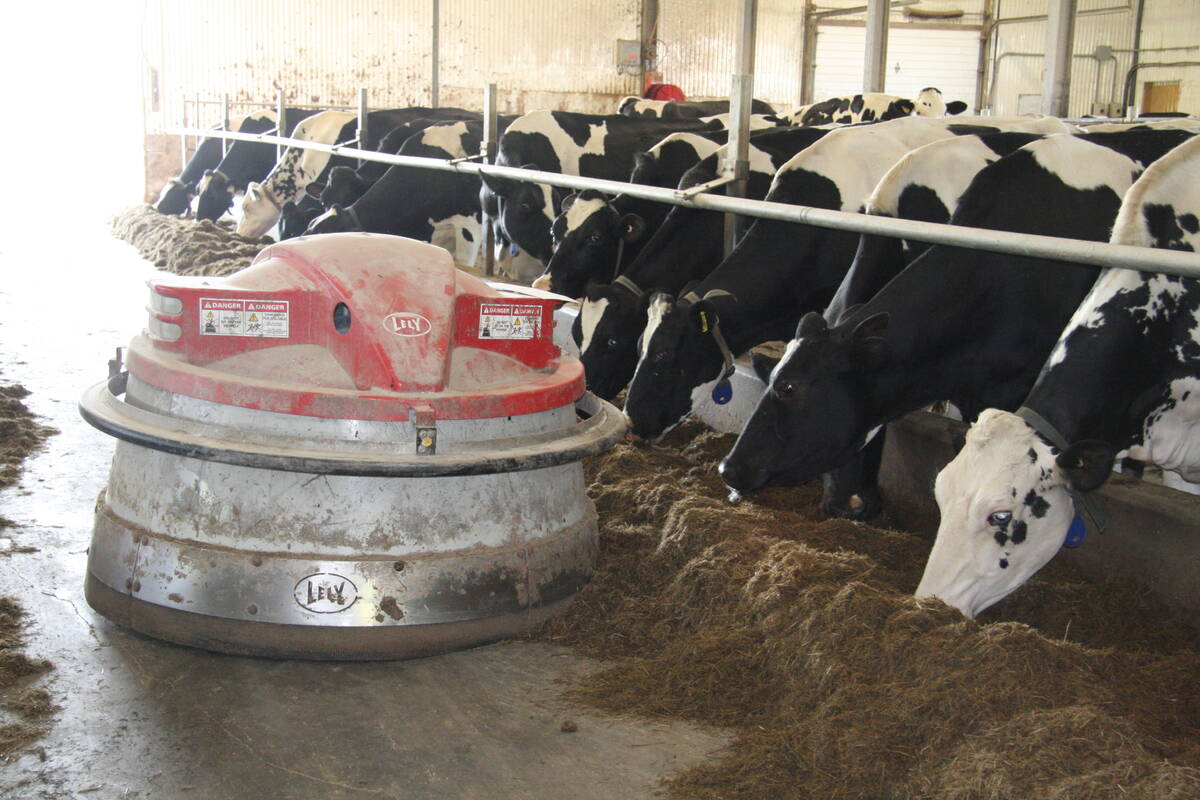
Partnerships, communication key to disease management
Communication and strong, trusted partnerships are key to managing infectious diseases like Foot and Mouth Disease and HPAI.
“Initially everybody’s on side and we just don’t want to let things slide.”
Clayton cited four keys to maintain exports to the U.S. of cattle younger than 30 months. These include making sure that only animals younger than 30 months are included in shipments and following the rules intended to keep pregnant females out of those shipments.
No ruminant protein should be fed to other ruminants, said Clayton, and everyone needs to recognize the importance of the national cattle identification program.
“People have looked at that as a bit of a hassle but they haven’t stopped to think about the consequences if we don’t have the tags in the ears. We wouldn’t have the U.S. market today if we didn’t have the (Canadian Cattle Identification Agency) tags.”
He noted, for example, that the inspection agency audits auction marts to learn whether cattle being sold are properly tagged.
“If we don’t find 100 percent of the animals with (CCIA) tags, we have to record that. That information could be accessed and we don’t want to give R-CALF information that says that we don’t have 100 percent compliance. If animals are moving around up here without tags, then that means we can’t trace stuff back to the farm of origin.”
R-CALF is an American group of cattle ranchers that wants to block Canadian cattle from entering the U.S. By using the American court system, the group successfully delayed the reopening of the border to cattle.
Clayton said compliance with the rules for exporting cattle to the U.S. appears to be good in his district. There have been some cattle turned back at the border, mainly because of lost tags or because they had not been properly branded for export.
“Most of it has been pretty smooth sailing,” he said. “Everybody realizes that the last two years were not much fun.
“I’m not aware of anybody out there trying to bend things, particularly the main exporters, who were hurt so bad and saw what happens without that U.S. market.”


